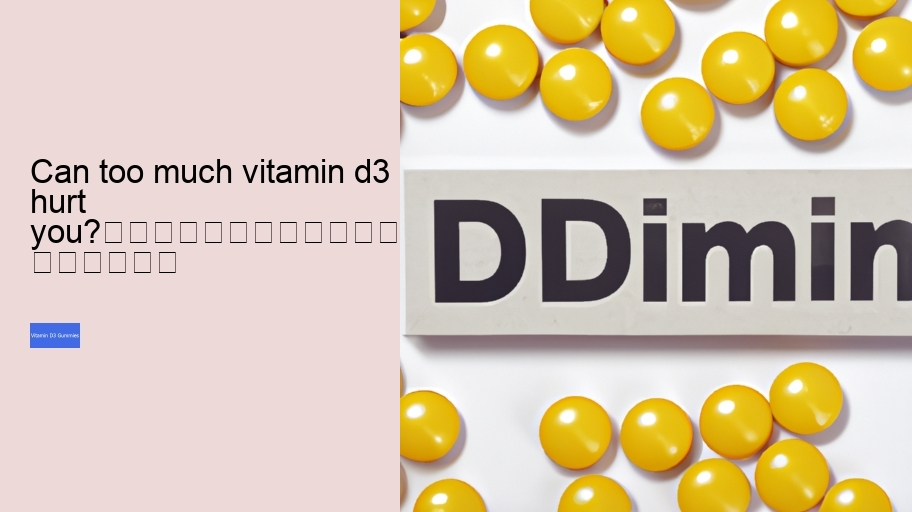
Some studies suggest that adequate vitamin D levels can help manage blood pressure. This storage capability is a double-edged sword, allowing reserves but also risking overaccumulation. It measures the amount of the vitamin in the blood and helps healthcare professionals diagnose potential deficiencies. Dietary supplements, including gummies, have seen a surge in popularity in recent years. Supplements have transformed over time, with gummies revolutionizing intake for many.
Pure Encapsulations, like Nordic Naturals, offers a robust range of supplements. Gummies are now a favorite way many people get their daily vitamin supplements. Excessive vitamin D can have adverse side effects, emphasizing the need for the correct dose. Heart disease, high blood pressure, and other ailments have been linked to vitamin D deficiency.
For those who prefer vegan supplements, there are vegan vitamin D3 gummies available. However, few foods naturally contain this vitamin in significant amounts, leading many to turn to supplements to address dietary shortfalls. high blood pressure Blood tests can measure vitamin D levels, helping healthcare providers diagnose deficiencies. When choosing a vitamin D3 supplement, whether in gummy, tablet, or drop form, it's essential to consider the manufacturing process.
Vitamin D, often referred to as the "sunshine vitamin," plays a pivotal role in maintaining bone and immune health. With modern diets and indoor lifestyles, supplementation can play a pivotal role in maintaining health.
After taking vitamin D3, it aids in the absorption of calcium, which is essential for strong bones and teeth. Additionally, it supports immune system function and may contribute to overall health and well-being. However, specific effects may vary among individuals.
The appropriate number of D3 gummies to take depends on the specific product and its labeled dosage instructions. Typically, one or two gummies per day should provide the recommended dose of vitamin D3 for most individuals. However, it's essential to follow the product's guidance or consult a healthcare professional for personalized advice.
You can purchase over-the-counter vitamin D3 supplements, but it's advisable to consult a healthcare provider before starting any supplementation, especially if you have underlying medical conditions or concerns about dosage. Professional guidance ensures safe and effective use.
The frequency of vitamin D3 supplementation depends on your specific needs and healthcare provider recommendations. Daily or weekly dosing can both be effective, with weekly dosing often preferred for convenience and compliance.
Taking vitamin D3 every other day may be suitable for some individuals, but it's important to consult a healthcare provider to determine the right dosing schedule based on your specific needs and circumstances. Consistency in supplementation is key.
Some individuals may experience sleep disturbances with high doses of vitamin D, but it's not a common side effect. Taking vitamin D3 earlier in the day or discussing any sleep concerns with a healthcare provider may help mitigate potential disruptions.
Vitamin D3 contributes to overall health, and while it doesn't directly promote hair growth, it plays a role in maintaining healthy hair follicles. Ensuring you have sufficient vitamin D levels may indirectly support hair health and prevent excessive hair loss.